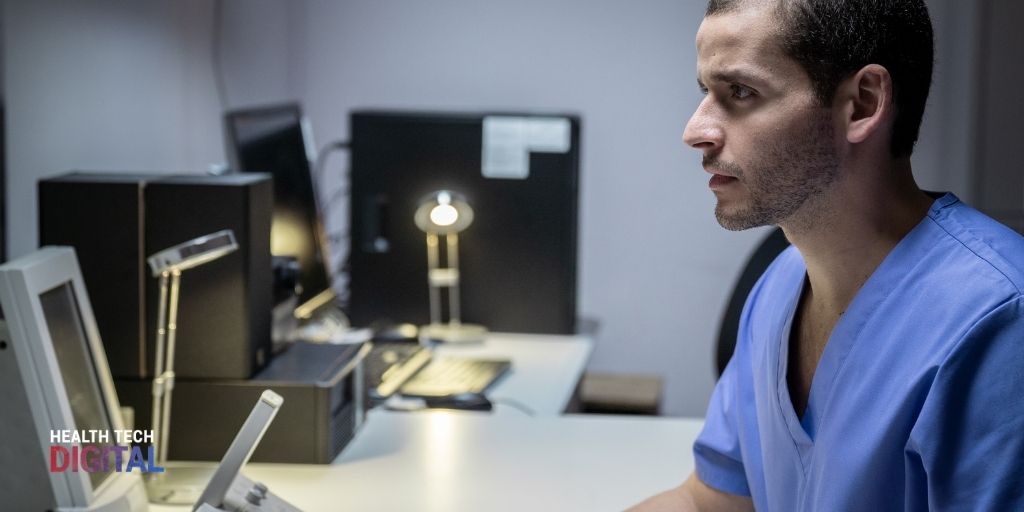
Standardised and secure outpatient attendance information and clinical patient discharge summaries will be able to be sent out to GP systems after NHS Digital, Dorset County hospital and TPP successfully tested the new system whilst working with Independent Systems Integrators.
Over 4,000 structured FHIR1 messages were sent out by Dorset County Hospital during the trial. GP practices are saved a considerable amount of time because with the new system they don’t have to process and clarify all the information they receive. The system does it all for them and changes are tracked and then actions can be taken.
Hospitals will be notified once messages have been delivered and an action has been executed. Paper use is reduced, and postal costs saved. The tedious job of re-typing of information will be drastically reduced saving time and minimizing mistakes.
Clinical information can now be recorded, shared and accessed in a consistent matter ensuring the best possible care is given to patients regardless of where they are in the healthcare system. Outcomes of patients are improved significantly which is the main goal of the NHS.
The messaging system is called the Message Exchange for Social Care and Health (MESH) and enables much larger files to be transferred than what can be sent using email.
Along with the messaging systems, GPs will now also be notified when a patient receives urgent medicine from their local pharmacy. TPP SystmOne, EMIS web which are the two largest GP systems, and pharmacy systems Sonar Informatics and Pinnacle PharmOutcomes, are now live.
Medicine and prescriptions are vital to the treatment of patients, and with this system GPs and pharmacists will have the same electronic information available when they need to verify a patient’s medical history. They will be able to see when a prescription was given, when medication was received, and any other information needed to give patients the best possible care.
Ian Lowry, Director of Medication, Social Care, Child Health and Maternity at NHS Digital, said: “This latest stage in the rollout means that a number of GP practices and community pharmacies in England are able to benefit from electronic notifications rather than the current method of email or paper.
“This saves time for both pharmacy and GP practice staff and supports integrated working between care settings when patients need to access essential medicines in an emergency.”
Andrew Meyer, Director of Platforms at NHS Digital, said: “Improving transfers of care between hospitals and GP practices is a vitally important step to enhance patient care across different health and care settings.
“We have come a long way from the early days of sending discharge information through the post, fax and even email to now providing a standardised and reliable service.
“Hospital staff can be reassured that the messages they send to GP practices have been delivered, read and acted upon, without the need to follow up with telephone calls.
“Interoperability between different systems is key to reaching this target and we aim to work with other Trusts and GP suppliers to ensure that all GP computer systems can send and receive transfer of care messages in the near future.”
Dr John Parry, Clinical Director of TPP, said: “Enabling key information from ToC messages to be extracted automatically will make the process faster, less prone to error, and ultimately safer for patients.
“The interoperability we have achieved here is an essential step in the right direction to make all communication into General Practice digital.”
Waleed Al-Hussaini, founder of Independent System Integrators, said: “We’ve taken content from MS Word and Rich text format documents written by clinical professionals to construct FHIR messages for Outpatient Letters.
“We’ve enriched and transformed HL7v2 messages to generate Inpatient discharge and emergency department discharge FHIR messages to send to GPs allowing the Trust the time and space to continue to deliver excellent services and improve systems while realising the tangible benefits of the ToC programme for patients and GPs, as well as complying with the national requirement today.”
With these two systems in place, countless time will be saved for hospitals, GPs and pharmacies alike. Not only will human error be decreased, but patient outcomes will be improved and ultimately save lives.
Article source: https://www.gov.uk/government/news/funding-boost-for-artificial-intelligence-in-nhs-to-speed-up-diagnosis-of-deadly-diseases








